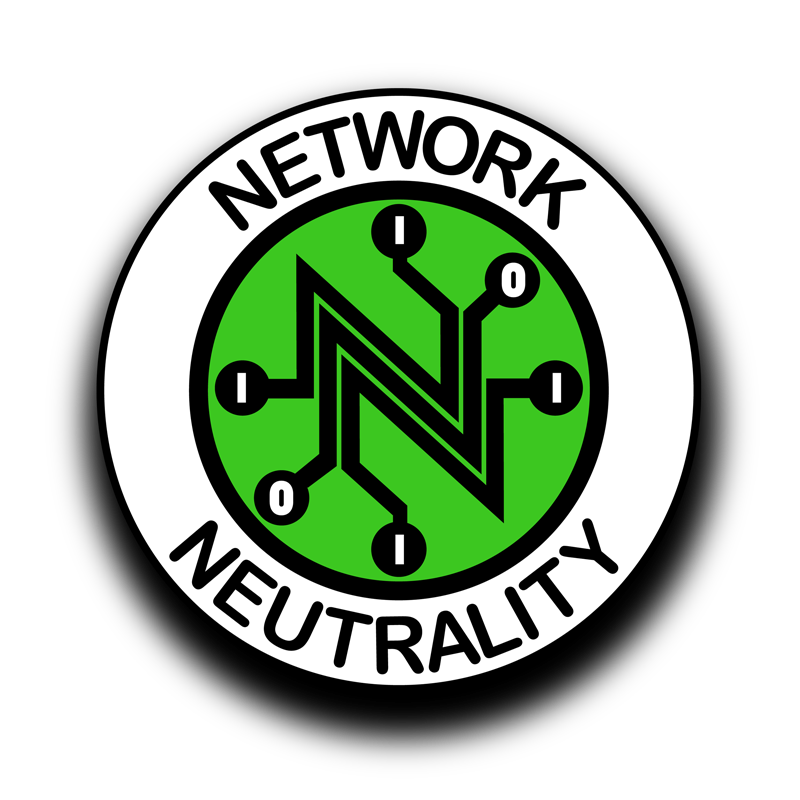On December 14, 2017, the Republican controlled Federal Communications Commission, voted to repeal a set of rules which ensured the unmanipulated flow of information over the Internet, known as Net Neutrality.
Net Neutrality is a set of rules that prohibit internet service providers from three behaviors that might work to benefit or work against content providers on the Internet.
Specifically Net Neutrality rules prohibit Internet service providers from outright blocking any lawful content, speeding up or slowing down content and otherwise discriminating against any lawful content.
Net Neutrality rules enforce the treatment of the Internet as a public utility under Title 2 of federal telecommunications law.
Support for Net Neutrality often breaks down along party lines.
According to the L.A. Times, the majority of Republicans are joined by the telecommunications lobby in their opposition of Net Neutrality rules and both were in favor of their repeal despite some dissent within Republican ranks.
Republican House Representative Norma Smith from Washington has, for example, publicly opposed the repeal of Net Neutrality rules calling them an important protection for small businesses who might be unable to compete with larger multinational corporations for access to consumers via the Internet.
The majority of Democrats, on the other hand, are joined by advocates for consumer rights, digital rights groups and companies whose businesses are dependant on the internet including Amazon, Google and Facebook in supporting the Net Neutrality rules.
An effort led by Democratic Senators is likely to fall a single vote short of the 51 votes needed to overturn the ruling within the 60 days allowed by the Congressional Review Act. The effort is also unlikely to succeed in the Republican majority controlled House of Representatives and is similarly expected to to be vetoed by the President.
Several other attempts to preserve Net Neutrality rules are, however, currently underway.
On Jan. 11, the New York Times reported that six states including California Massachusetts, Nebraska, Rhode Island, New York and Washington have proposed legislation which would attempt to preserve the effect of the FCC rules by prohibiting the blocking of content and the prioritizing or deprioritizing content on the Internet at the state level.
On Jan. 16 the L.A. Times reported that all 22 of the Democratic State Attorney Generals have filed a lawsuit with the U.S. District Court of Appeals for the District of Columbia. The New York Times reported that companies including Facebook, Google and Netflix are expected to join the lawsuits providing a set of resources which would otherwise be out of reach for the states.








